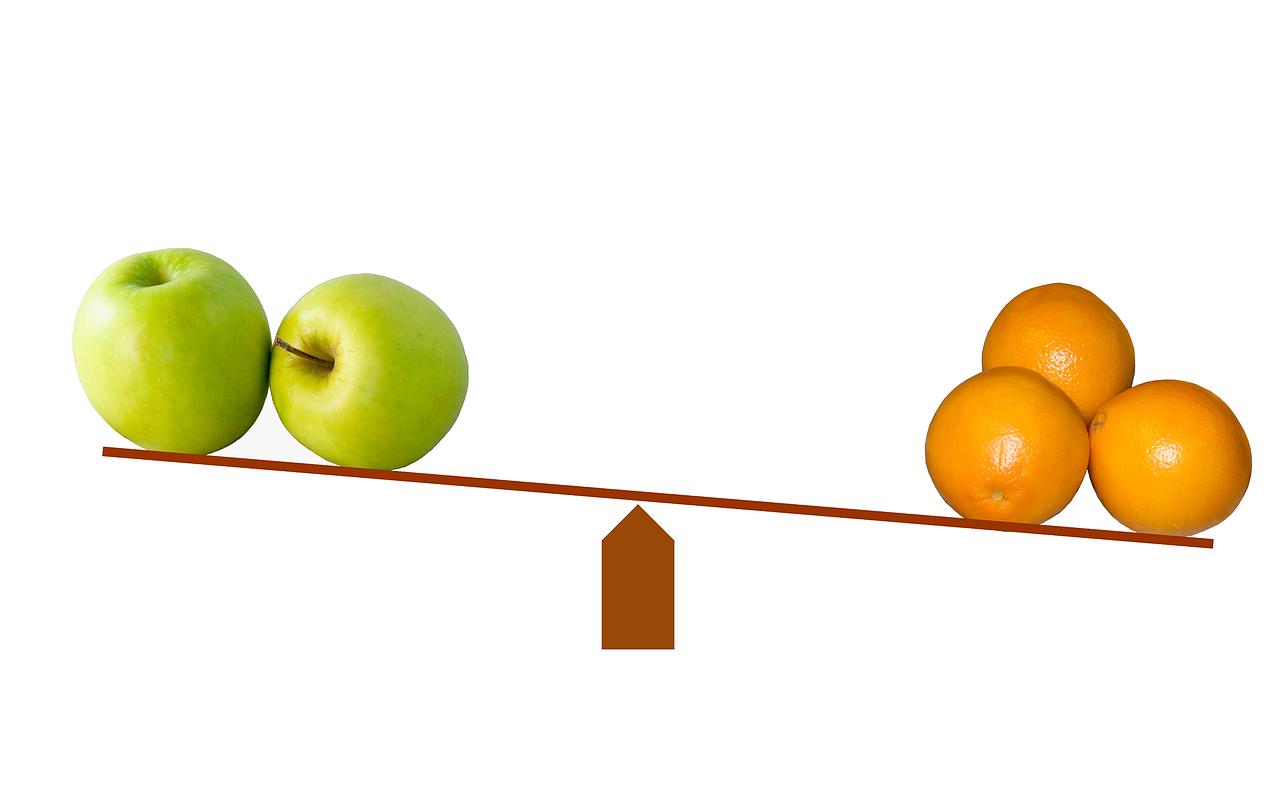Comparative advertising in SaaS: opportunity or legal risk?
Comparative advertising in SaaS: effective in convincing, but risky if poorly supervised. Learn the rules to follow to avoid disputes.


My SaaS clients often want to write content that includes comparative advertising. This is a subject that appeals to marketing teams: promoting your product in front of a competitor attracts attention and can convince a hesitant prospect.
But while comparison is an effective tool, it remains a sensitive legal field. Poorly prepared, it can quickly turn into costly litigation.
Under French and European law, comparative advertising is authorized. It is even considered to be a healthy driver of competition. But it is only legal under strict conditions.
The idea is simple: you can compare your SaaS with that of a competitor, but only if the comparison is fair and verifiable. If the campaign contains exaggerations or unprovable claims, it immediately becomes attackable.
To stay on the right side of the line, there are three principles that should guide any comparative advertising campaign:
A poorly prepared comparative advertising campaign can backfire in a number of ways:
In the end, the cost of poor comparative advertising can far exceed the marketing budget invested.
Before launching a comparative campaign, take the time to check some points:
Comparative advertising, when controlled, remains an effective tool:
A SaaS that objectively demonstrates its speed, price or additional functionalities can score decisive points in a negotiation.
Comparing your SaaS to that of a competitor can be an excellent business strategy... provided you respect the legal framework. Any claim should be accurate, documented, and verifiable.
Well-thought-out comparative advertising attracts attention and accelerates your sales. Poorly-framed advertising exposes you to costly litigation and a loss of credibility.
As a lawyer working with SaaS companies, I can help you secure your marketing campaigns, ensuring that your messages remain effective without crossing the legal red line.


Why and how a lawyer can structure CLM deployment in startups, securing contracts, templates and playbooks without an in-house legal team.

Essential clauses in a software development contract: scope, deliverables, acceptance testing, IP ownership, payments, liability, and legal protection.
Let's build together to grow your business